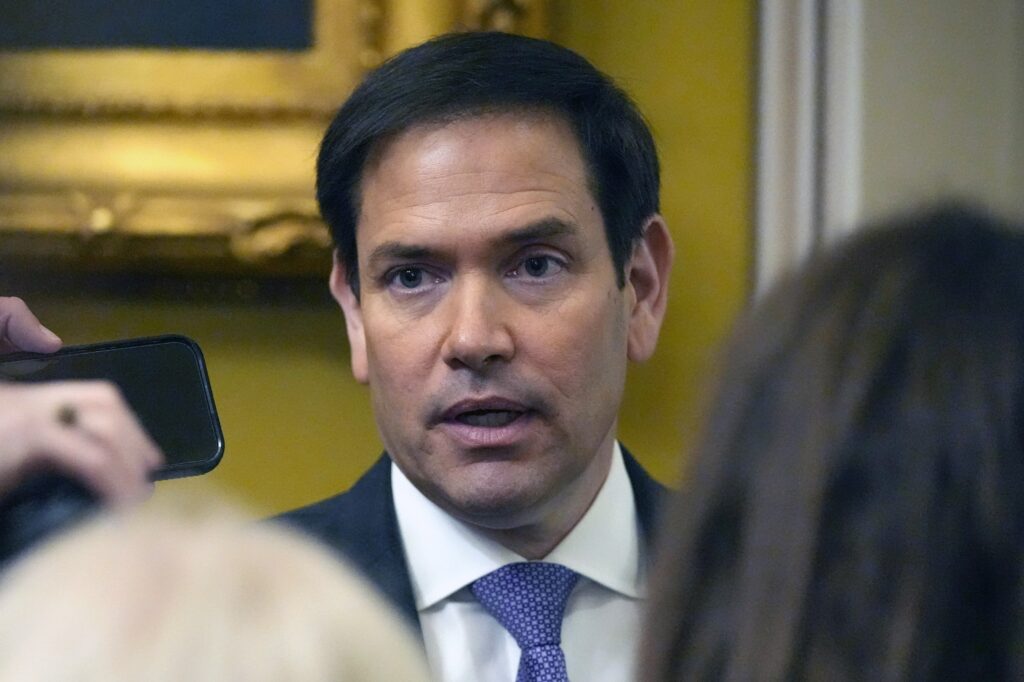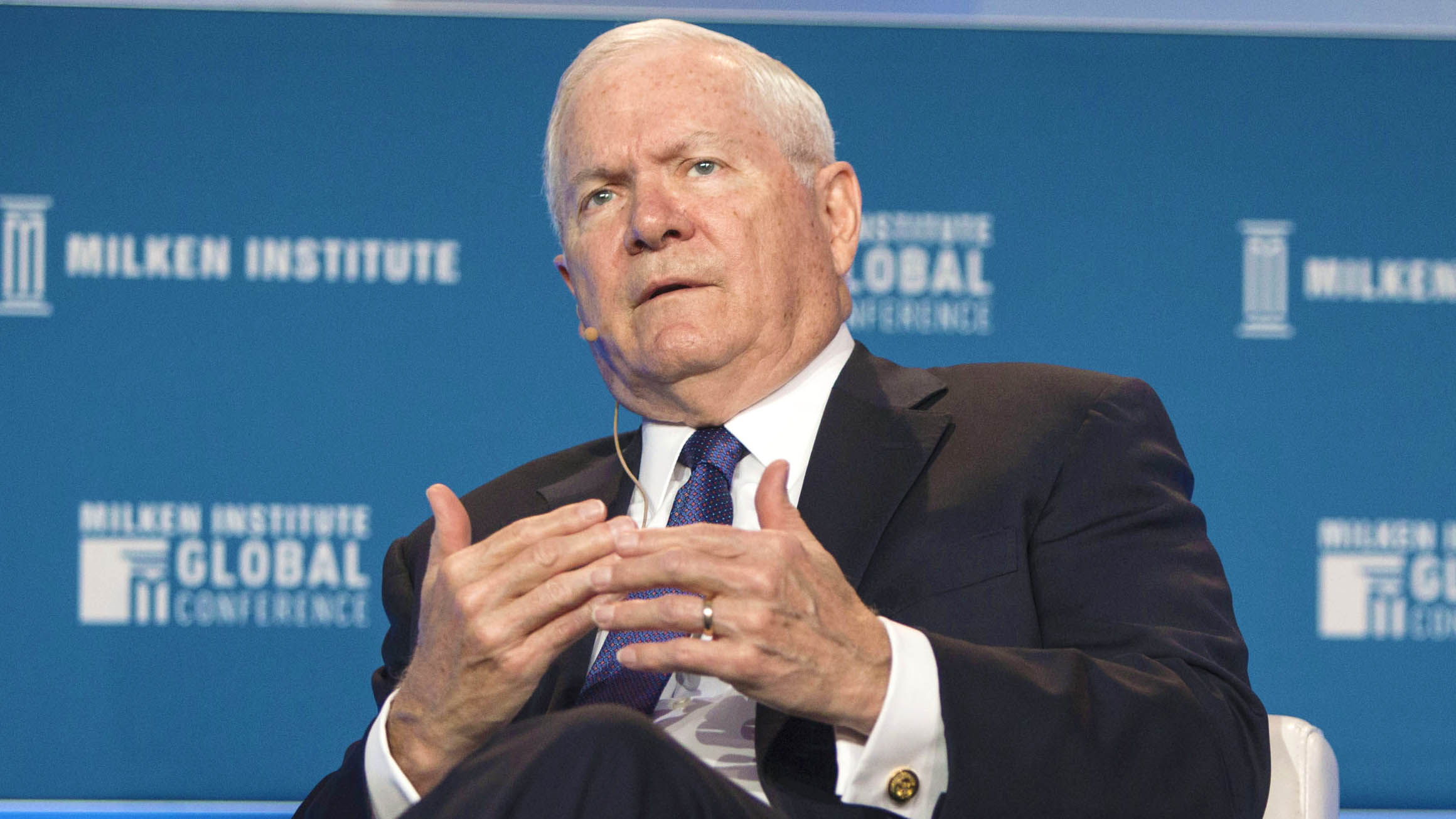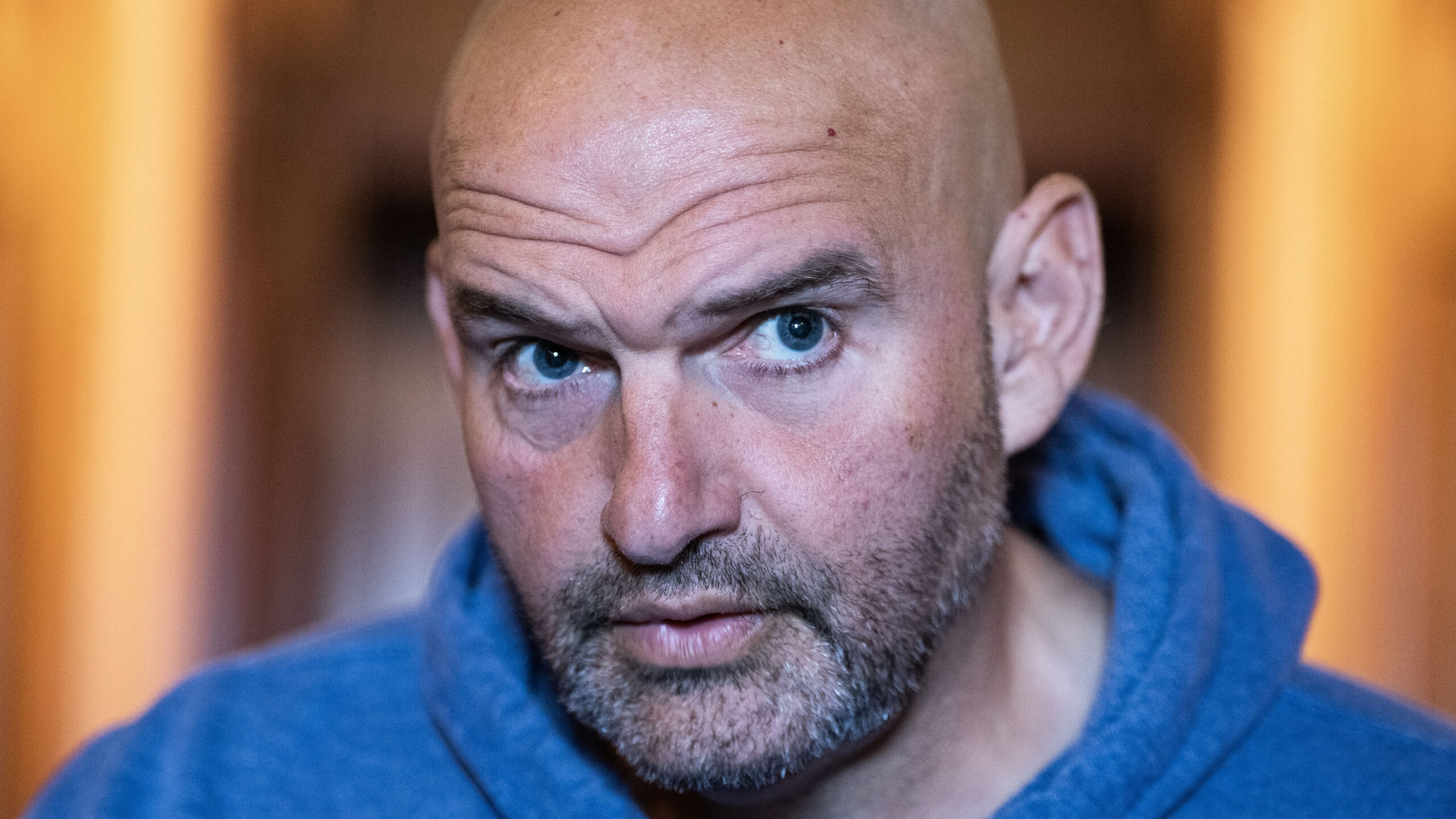Get married for wealth and happiness
The Power of Marriage: Defying Cultural Norms
In 2006, Elizabeth Gilbert’s bestselling memoir, Eat, Pray, Love, captivated readers with her journey of self-discovery and happiness. Leaving her husband behind, she embarked on a transformative adventure through Italy, India, and Indonesia, finding fulfillment in food, spirituality, and ultimately, love with her soulmate, Jose. But the story didn’t end there.
After a decade of marriage to Jose, Gilbert made the surprising decision to leave him for a new soulmate, stating that she didn’t believe marriage should be an endurance test. This narrative, as highlighted by Brad Wilcox in his book Get Married, reflects a larger trend of anti-marriage sentiment promoted by cultural elites in academia, journalism, and Hollywood.
Articles like The Atlantic’s “The Case Against Marriage,” Time’s “Having It All Without Having Children,” and The New York Times’ “Divorce Can Be an Act of Radical Self-Love” glorify individualism, hedonism, and workism, but Wilcox’s data shows traditional commitments such as marriage and religion are more reliable paths to happiness.
Wilcox’s research challenges the prevailing narrative by demonstrating that a strong marriage and religious faith are key factors in achieving lasting happiness. He presents compelling evidence that a good marriage is more important than a successful career, contrary to the priorities of many young people today.
The Marriage Advantage
Wilcox’s analysis reveals that individuals in “very happy” marriages experience a 545 percent increase in overall happiness, compared to a 145 percent increase for those who are “very satisfied” with their work. This suggests that a fulfilling marriage has a greater impact on happiness than professional success.
While critics argue that these findings only demonstrate a correlation, not causation, Wilcox counters with evidence that stably married men in their fifties have significantly higher median assets than their unmarried peers. This suggests that marriage promotes responsible financial decisions and professional diligence.
Marriage and the Good Life
Debates about marriage reflect competing visions of the good life. Some view marriage as an optional pursuit, prioritizing personal freedom and self-discovery. Others, often conservative and religious individuals, see marriage as a cornerstone of a meaningful life, emphasizing commitment and selflessness.
Stephanie Coontz, a feminist historian, argues that making marriage more optional and flexible leads to more loving and satisfying relationships. However, Wilcox challenges this perspective, highlighting the importance of perceived partner commitment and traditional values in fostering high-quality marriages.
In Praise of Parenthood
Despite declining marriage rates, parents report greater fulfillment and happiness compared to their childless peers. Family life offers opportunities for love, purpose, and meaningful connections that cannot be replicated through professional achievements or chosen families.
Wilcox concludes with policy recommendations aimed at supporting families, such as vocational education funding and removing marriage penalties for working-class couples. However, he acknowledges that broader cultural shifts are necessary to restore the desirability of marriage and parenthood.
By defying the prevailing cultural norms and embracing the power of marriage, individuals can find lasting happiness and fulfillment. Wilcox’s research challenges the anti-marriage messaging promoted by cultural elites, emphasizing the importance of traditional commitments and values in creating a meaningful life.
What evidence does Wilcox present to support the claim that the quality of one’s marriage directly affects their overall well-being?
Causal relationship, Wilcox counters by explaining that the quality of one’s marriage directly affects their overall well-being. According to his studies, people in unhappy marriages are significantly more likely to experience mental health issues such as anxiety and depression. On the other hand, those in happy marriages are more likely to have better physical health and live longer lives.
In addition to happiness, a strong marriage also has a positive impact on other aspects of life. Wilcox’s research shows that married individuals are more likely to have higher incomes, greater financial stability, and better parenting outcomes. A supportive and loving spouse can serve as an anchor in times of difficulty, providing emotional and financial support that is crucial for personal growth and success.
Furthermore, Wilcox’s work challenges the prevailing narrative that marriage is an oppressive institution that restricts personal freedom. His studies reveal that married individuals have higher levels of trust, commitment, and intimacy compared to their unmarried counterparts. This suggests that marriage can actually enhance personal growth and self-fulfillment by providing a secure and stable foundation for individuals to explore their passions and ambitions.
Religious faith, another aspect highlighted by Wilcox, also plays a significant role in promoting happiness and well-being. His research shows that individuals who regularly attend religious services are more likely to report higher levels of marital satisfaction and overall happiness. Religion provides a sense of community and shared values, which can strengthen marital bonds and provide individuals with a sense of purpose and meaning in life.
Contrary to popular belief, Wilcox’s research suggests that marriage and religion are not outdated traditions that need to be discarded in favor of personal pleasure and career success. Instead, they offer valuable tools for individuals to navigate the complexities of modern life and find lasting happiness. By prioritizing strong marriages and religious faith, individuals can defy cultural norms and forge their own paths to fulfillment.
In conclusion, Brad Wilcox’s research challenges the prevailing narrative that promotes anti-marriage sentiment and individualism. With compelling evidence, he highlights the power of marriage and religious faith in achieving lasting happiness. Contrary to the priorities of many young people today, Wilcox’s studies suggest that a good marriage is more important than a successful career. By defying cultural norms and prioritizing strong marriages and religious faith, individuals can unlock the key to true fulfillment and happiness in their lives.
" Conservative News Daily does not always share or support the views and opinions expressed here; they are just those of the writer."





